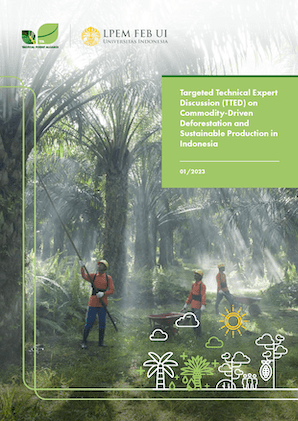(This writing is available only in Bahasa Indonesia.)
Adam Fairu Amru and Teguh Dartanto
Executive Summary
It seems that 2014 is the year of elections, Indonesia held parliamentary elections on 9 April and conducted presidential elections on 9 July, with 190 million eligible voters in the population. On the underline note the impact of elections on both economy and politics. Historic patterns show that Indonesia, the world’s third largest democracy, normally sees an upward surge in household consumption during election years, as politician and political parties splash money on wooing voters, ultimately driving growth. Domestic and foreign investors also significantly influence Indonesia economy in terms of an investment destination in the year of elections.


